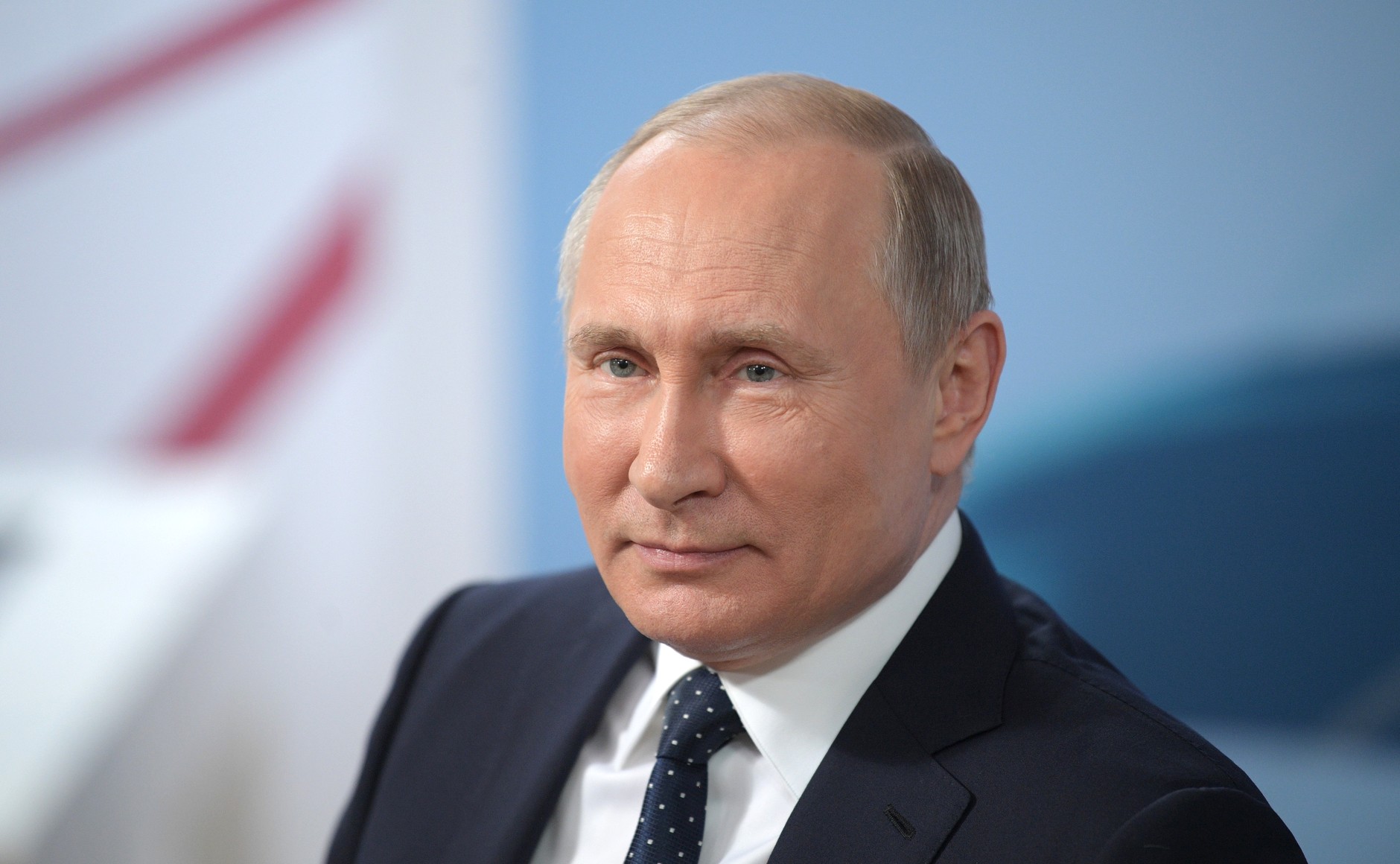Here are Russia’s subterfuges to get around oil and gas sanctions

What channels are suspected of continuing to supply Europe with Russian crude oil? There are three: Azerbaijan, Turkey and the open waters of the Mediterranean. Facts and reconstructions
In spite of the European ban, the sanctions and the price cap imposed by the G7 and the EU, Moscow's black gold continues to find channels, opaque or illegal, through which it can reach a whole series of destinations on that Old Continent which since last year it proclaimed its independence from Russian oil.
The denunciation of Zelensky's economic adviser.
The complaint comes directly from the economic adviser to the Ukrainian president Zelensky, Oleg Ustenko, who to describe what is happening to Russian oil resorts to an eloquent and effective metaphor entrusted to the newspaper Politico : "I had a friend in New York in the 1990s who complained that the cockroaches would have managed to enter his apartment through any available hole (…). We need to plug these holes to prevent Russia from getting this blood money they are using to finance the military machine that is destroying our country and killing our people."
The dark passages that erase the traces.
The existence of these holes, Politico observes, depends on the fact that the trade of crude oil in global markets is very difficult to trace. In fact, it can be mixed in transit countries with loads from other points of departure, making it virtually impossible to determine its origin. Furthermore, adds Politico, the refining process produces the same effect of erasing the traces of the ultimate origin of the raw material.
Added to these factors is the existence of a network of shadow tankers flying the flag of the most improbable countries who help Russia to transport the loads of crude oil to their destination, concealing their actual origin in this case as well.
“Since the introduction of the sanctions”, notes Saad Rahim, chief economist of Trafigura, “the volumes of crude oil that Russia is exporting have remained almost stable. It is possible that this oil is still sold in the EU and in Western countries through intermediaries”.
Rahim's words are confirmed by a recent Bloomberg article, according to which the volumes of crude oil delivered by Russia to third countries in the week preceding March 17 amounted to 3.23 million barrels per day, or just 90,000 barrels less than to the previous week.
But what channels are suspected of continuing to supply Europe with Russian crude oil? Politico and Bloomberg name three: Azerbaijan, Turkey and the open waters of the Mediterranean.
The Baku-Tbilisi-Ceyhan (BTC) pipeline.
One route through which Russian oil is suspected to continue flowing to Europe passes through Azerbaijan, the starting point of the Baku-Tbilisi-Ceyhan pipeline operated by BP.
Pointing the finger in this direction is the French MEP François Bellamy, who has just presented a question on the matter to the EU Commission. Bellamy notes that Azerbaijan is exporting more oil than it produces, at the rate of 242,000 barrels per day, all in the context of an ever-declining domestic production.
“How can a country decrease its production and increase its exports at the same time?” is the uncomfortable question that the MEP addressed to the Commission. “This inconsistency,” concludes Bellamy, “raises suspicions that sanctions are being circumvented.”
To the precise question asked by Politico , the Azerbaijani Foreign Ministry replied with an indignant denial. "Azerbaijan does not export Russian oil to the EU through the BTC pipeline" was the curt response of the ministry's spokesman, Aykhan Hajizada.
BP also denies any wrongdoing, noting that oil flows transiting via BTC are decreasing, having gone from three million tons per month at the beginning of 2022 to the current two million.
Turkey.
Turkey has not only doubled its oil imports from Russia, but is refusing to apply the sanctions imposed by the West on this same crude. This makes Ankara a prime suspect.
To point the finger at Turkey was a Finnish body, the Center for Research on Energy and Clean Air (CREA). This Institute wrote at the end of last year that "a new route to the EU for Russian oil is emerging through Turkey, a growing destination for Russian crude" which, once it arrives in Turkey, is refined and resold without sanctions are applied.
In this regard, Ustenko, Zelensky's adviser, states that "we have sufficient evidence to demonstrate that some international companies are buying refined products created with Russian oil and then selling them in Europe".
Transhipments in the Mediterranean.
As Bloomberg points out, a no less important role is played by those tankers which off the coast of Europe transship Russian oil onto other cargoes which then en route to the ports of the Old Continent.
This phenomenon has been documented in two locations in particular: the sea off the Spanish enclave of Ceuta and the sea off the Greek coast near Kalamata. According to Bloomberg , at least 52 tankers have transshipped oil at these two sites since the beginning of the year.
In particular, the volumes of crude oil transferred to Greece with this method experienced a surge which reached the level of 10 million barrels in February; in Ceuta, on the other hand, 4.4 million would have been transferred in the same period.
This is a machine translation from Italian language of a post published on Start Magazine at the URL https://www.startmag.it/energia/ecco-i-sotterfugi-della-russia-per-aggirare-le-sanzioni-su-petrolio-e-gas/ on Thu, 23 Mar 2023 07:34:44 +0000.
